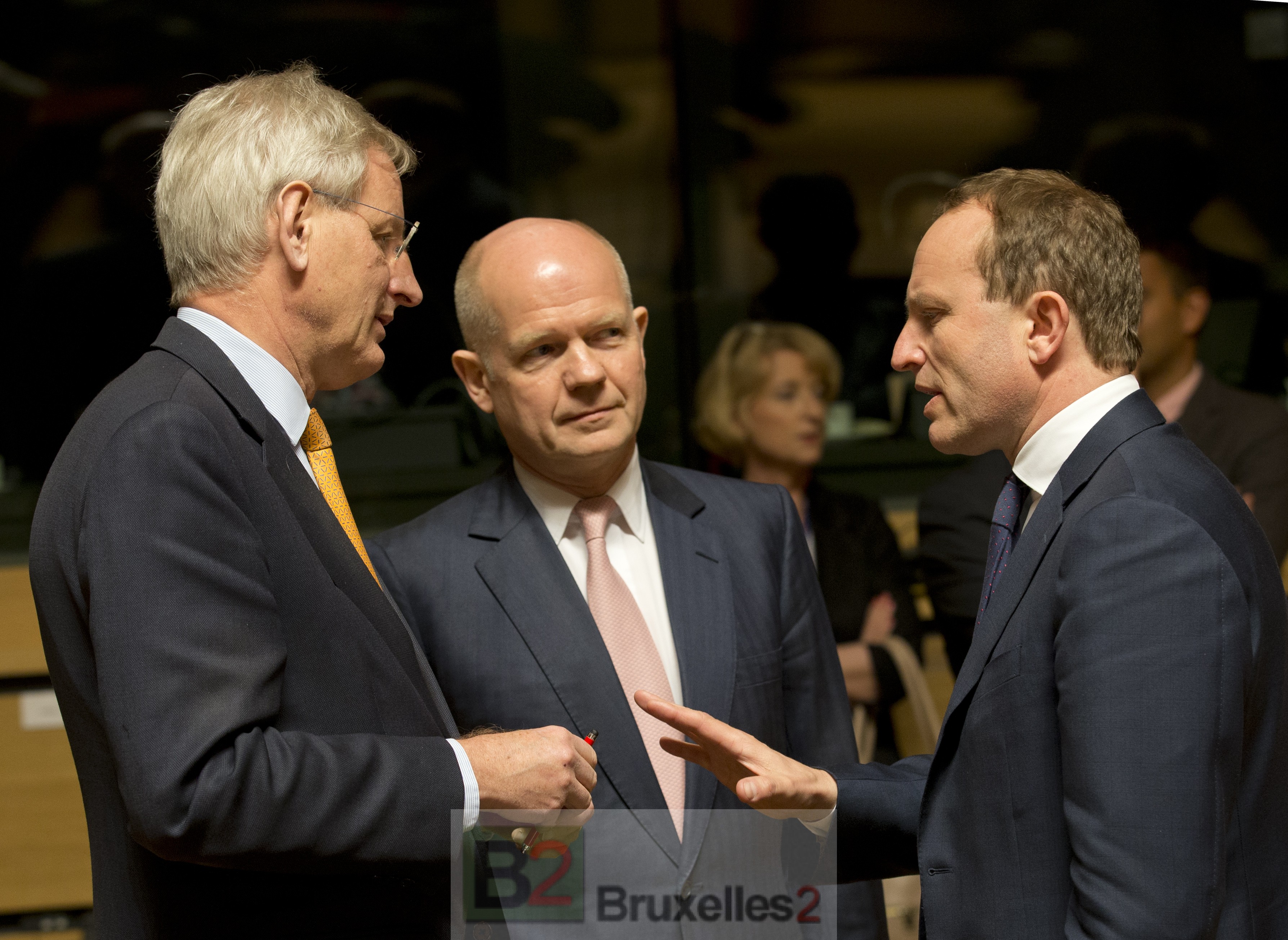Towards a European CSDP mission in Ukraine?

(BRUSSELS2) This is one of the key points of the conclusions of the EU foreign ministers meeting today in Luxembourg. The "28" said to themselves thus " ready to help Ukraine in the area of internal security sector reform (*), support for the police and the rule of law”.
The European diplomatic service (EEAS) was therefore tasked, on the one hand, with deploying on the ground " an expert mission to prepare appropriate and complementary assistance with other ongoing efforts ", on the other hand to prepare what in European jargon is called the " political framework document for the crisis approach (PFCA) which will have to examine all options, including the deployment of a possible CSDP mission - the Common Security and Defense Policy ».
The objective is to decide on an EU action " at a future meeting ". Note that the next meeting is scheduled in a month, May 12. But it is not forbidden to think that an exceptional meeting of ministers could take place before, if events precipitate in Ukraine... It will then perhaps be too late for a CSDP mission.
This mission responds to a pressing request from the Poles, Swedes... and Britons who had produced a non-paper submitted to their colleagues (read on the Club: CSDP mission to Ukraine asks three countries). It's rare enough to point it out. But London is beginning to find virtues in the common European defense and security policy. Original !
(*) The term used in the conclusions (in English) is "civilian security" which cannot be literally translated as "civil security", which has another meaning, in our opinion, since it mainly concerns relief and securing goods and people against natural, technological and other disasters. Rather, what is implied here is non-military, non-military security reform assistance. This therefore comes under internal security, which includes police, law enforcement, anti-terrorism, special forces, intelligence services, border guards and customs.


